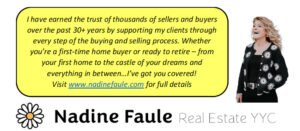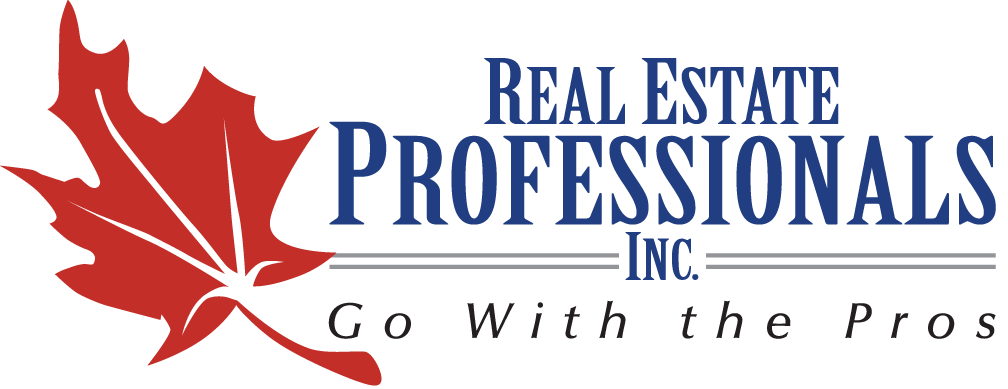Choosing a Mortgage Lender
I love a smooth real estate transaction. And it really does take a team of professionals working for you to make it all come together. One member of your dream team is your mortgage specialist, so when I saw this blog the other day on choosing a mortgage lender, I had to share.
The Canadian Real Estate Association (CREA) enlisted a couple of their mortgage broker members from Saskatchewan, Carrie Cardinal and Ryan Mollberg, to discuss what to look for when choosing a mortgage lender.
The first step? Find a mortgage broker. They work for you at no charge to you and have the tools to help buyers make the best decision when dealing with multiple companies, interest rates and options. They broke down mortgage lenders into three main categories:
- “A” lenders encompass traditional lenders such as banks and credit unions suited for borrowers with good credit scores and steady incomes.
- “B” lenders offer a lower barrier for borrowers who may not qualify through an “A” lender due to lacklustre credit history or unpredictable income.
- Private lenders fall outside of the regulated sector and tend to have lower qualification rates compared to “A” and “B” lenders.
Another lender that falls under the “A” category are monoline lenders. Mollberg says unlike banks who offer multiple services like credit cards, investments and bank accounts, monoline lenders specialize primarily in mortgage loans.
“Banks have a bank status,” explained Mollberg. “They’ll do primarily A-business, but then what makes mortgage brokers as successful as we are is options other than banks”, like monoline lenders.
You’ve found your mortgage broker, now what? You’ll begin the pre-approval process – which assesses your credit history, employment and down payment to determine how much of a mortgage you qualify for. There are discussions and questions you should be asking of your broker as well, like:
- What payments you would be comfortable with, regardless of if that’s lower than your qualifying amount
- What are the mortgage portability options? Can I easily take my mortgage with me to a new property?
- What are the prepayment privileges? Can I make additional payments and how often?
- What is the payout penalty? Depending on your circumstances they suggest not over committing on a term if you are unsure.
Each lender has their own set of policies and Mollberg says a broker can help borrowers understand the rules and determine which lender would be best for their specific needs.
“This is again another challenge, and this is where having a mortgage broker is good because they can help navigate those waters and say ‘Okay, well, you’re buying in a small town, you’re self-employed, your down payment is coming from your parents, and you’ve only been at your job for nine months.’ What lender will do that for you?” said Mollberg.
The last piece of advice the team offers is to consider more than just the rate when choosing your lender. “Customer service is key,” said Cardinal. “When you have a problem, you want to be able to reach someone and get the problem resolved.” A good online customer portal, where clients can make payments, access mortgage statements and connect with support is important as well.
The reality is, until you’ve gone through the pre-approval process you simply can’t shop! So, get yourself set up with a good mortgage broker and you’ll be on your way to being a fully qualified buyer in no time. Visit me on Facebook and Google!

![]()

